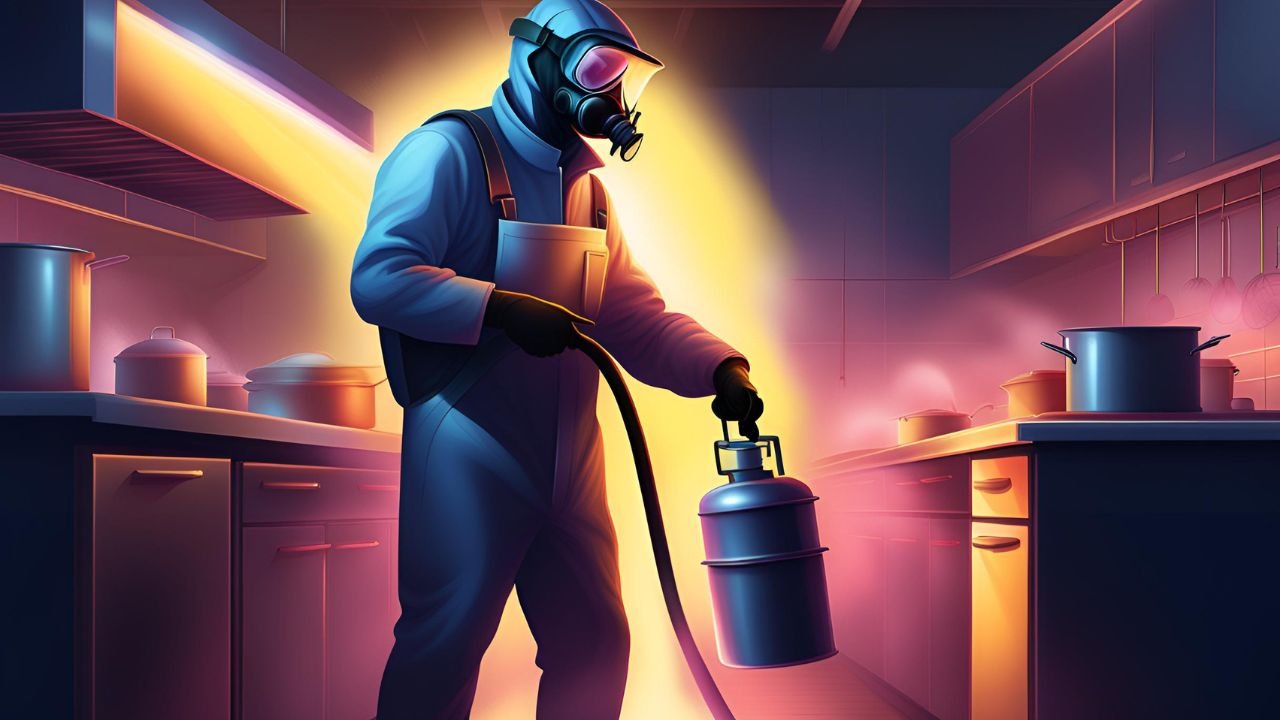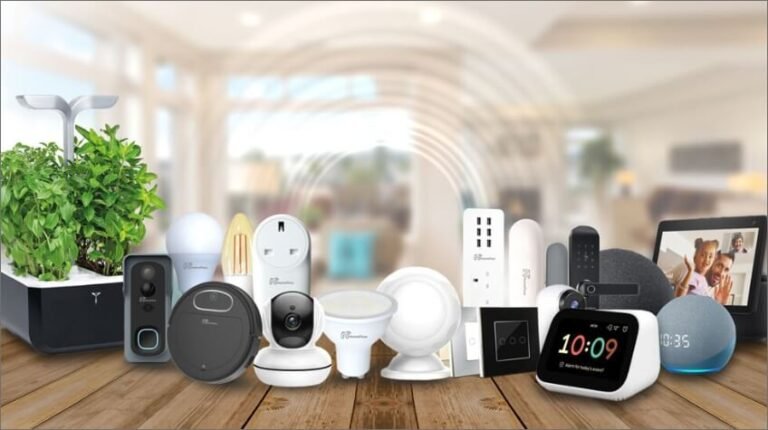Guide to Preventing Pests in Commercial Properties
As a business owner, maintaining a professional and inviting environment is paramount. But unwanted guests – pests – can quickly turn a dream workspace into a nightmare. From damaging property to posing health risks, pests can disrupt your operations and tarnish your reputation. The good news? Taking proactive measures to prevent pests in the first place is often much easier and more cost-effective than dealing with an infestation later.
This comprehensive guide from Loins Pest and Weed Control outlines effective strategies to keep pests at bay in your commercial property. We’ll explore:
- The different types of pests commonly found in commercial spaces.
- The damage pests can cause to your business.
- How to identify potential pest problems.
- Practical steps you can take to prevent pest infestations.
- The benefits of partnering with a professional pest control company.
By following these tips and building a strong preventative plan, you can keep your commercial property pest-free and create a healthy, welcoming environment for your employees, customers, and yourself.
Common Commercial Property Pests: Know Your Enemy
The first step in pest prevention is recognizing the potential threats. Let’s delve into some of the most common pests that frequent commercial spaces:
- Rodents: Rats, mice, and other rodents are notorious for seeking shelter and food indoors. They can contaminate food with droppings and urine, spread diseases, and cause significant damage by chewing on wires and building materials.
- Cockroaches: These resilient creatures thrive in warm, humid environments and are attracted to food scraps and moisture. Cockroaches can trigger allergies and asthma, contaminate food, and leave unpleasant odors.
- Ants: While some ant species pose no real threat, others, like fire ants and carpenter ants, can inflict painful bites and damage property. Ants are relentless foragers and can quickly establish large colonies in your building.
- Flies: Fruit flies, houseflies, and gnats are not only annoying but can also spread bacteria and disease from unsanitary areas.
- Mosquitoes: These bloodsucking insects pose a health risk by transmitting diseases like West Nile virus. Mosquitoes can be particularly problematic in commercial properties with landscaping features that collect water.
- Stored Product Pests: These pests, including weevils, beetles, and moths, infest stored food products like grains, cereals, and dried fruits. They can contaminate food items and cause economic losses.
This list is not exhaustive, and the specific pest types you may encounter will depend on your location and the nature of your business.
At Loins Pest & Weed Control, we understand how important it is to keep your business free from pests. Our Commercial Pest Control in Perth offers specialized solutions designed to protect your commercial property from infestations. Whether you’re dealing with rodents, cockroaches, ants, or other pests, our expert team is trained to handle it all. We use advanced pest control techniques that ensure long-term protection without disrupting your daily operations. We know that a pest-free environment is essential for maintaining your business’s reputation, so we tailor our services to meet your specific needs. Trust Loins Pest & Weed Control to keep your business safe and pest-free with our professional Commercial Pest Control in Perth.
The Cost of Ignoring Pests: Why Prevention is Key
The presence of pests in your commercial property can have a significant negative impact in several ways:
- Health Risks: Many pests carry and transmit harmful bacteria, viruses, and parasites that can cause illness in employees and customers. This can lead to absenteeism, decreased productivity, and even legal repercussions.
- Property Damage: Rodents like rats and mice can chew through electrical wires, insulation, and building materials, causing costly repairs. Some insects, like termites and carpenter ants, can also inflict significant structural damage.
- Reputational Damage: A pest sighting in your business can damage your reputation and deter customers from returning. Negative online reviews can further exacerbate the problem.
- Inventory Loss: Stored product pests can contaminate and destroy food products, leading to significant financial losses for businesses in the food service industry.
Investing in preventative pest control measures is a smart business decision. It can save you money in the long run by preventing costly repairs, product loss, and potential health scares.
Signs of a Pest Problem: Spotting Trouble Early
Early detection is crucial to prevent a minor pest issue from escalating into a full-blown infestation. Here are some telltale signs that may indicate a pest problem in your commercial property:
- Visual sightings of pests: This is the most obvious sign – seeing live pests (or dead ones) is a clear indication that action is needed.
- Droppings: Rodent droppings are typically dark pellets, while insect droppings can be small and granular.
- Unusual odors: A musty smell could indicate a rodent infestation, while a sweet odor may be a sign of a cockroach problem.
- Gnaw marks: Rodents will chew on wires, furniture, and building materials to gnaw on their constantly growing teeth.
- Shredded paper or fabric: This can be a sign of rodents making nests.
Effective Pest Prevention Strategies: A Proactive Approach
Now that you’re aware of the potential threats and signs of a pest problem, let’s explore some proactive steps you can take to prevent infestations:
- Sanitation and Cleanliness: A clean environment is less attractive to pests. Regularly clean up food spills, crumbs, and debris, and empty trash cans frequently.
- Proper Food Storage: Store food in airtight containers to prevent pests from accessing it. This is especially important in commercial kitchens and pantries.
- Moisture Control: Address any leaks or moisture problems promptly, as pests are attracted to damp areas.
- Exclusion Techniques: Seal cracks, holes, and gaps in your building’s exterior to prevent pests from entering. Install door sweeps and window screens to create physical barriers.
- Regular Inspections: Conduct routine inspections of your property to identify potential pest entry points and signs of infestation.
- Landscaping Maintenance: Keep your outdoor areas well-maintained, trim bushes and trees away from the building, and avoid standing water.
- Employee Training: Educate your employees about pest prevention and encourage them to report any sightings promptly.
The Benefits of Professional Pest Control
While you can take many preventative measures yourself, partnering with a professional pest control company can offer additional benefits:
- Expertise and Experience: Pest control experts have the knowledge and experience to identify and address pest problems effectively.
- Customized Solutions: They can develop a tailored pest control plan based on your specific needs and property characteristics.
- Regular Inspections and Treatments: Professional pest control companies can conduct regular inspections and treatments to prevent infestations before they occur.
- Peace of Mind: Knowing that your property is being monitored and protected by experts can provide peace of mind.
Conclusion
By implementing a comprehensive pest prevention plan and seeking professional assistance when needed, you can create a pest-free environment in your commercial property. Remember, prevention is key, and taking proactive steps will save you time, money, and stress in the long run.






